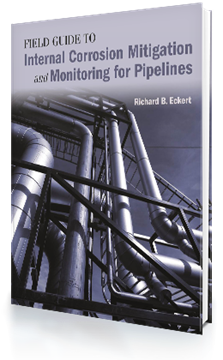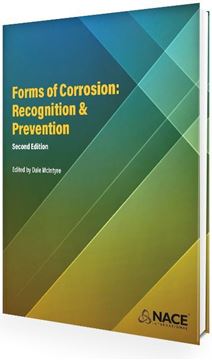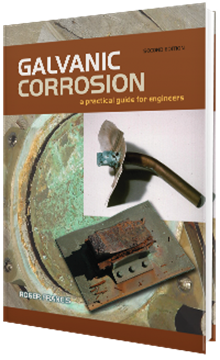Search
Corrosion Management for a Sustainable Future
Also Purchased
Field Guide to Internal Corrosion Mitigation and Monitoring for Pipelines
Product Number:
37610-POD
ISBN:
978-1-57590-328-6
$130.00
Forms of Corrosion - Recognition and Prevention, 2nd Edition
Product Number:
37626-POD
ISBN:
978-1-57590-354-5
$215.00
Galvanic Corrosion: A Practical Guide for Engineers, 2nd Edition
Product Number:
37625-POD
ISBN:
978-1-57590-353-8
$105.00
Recently viewed




